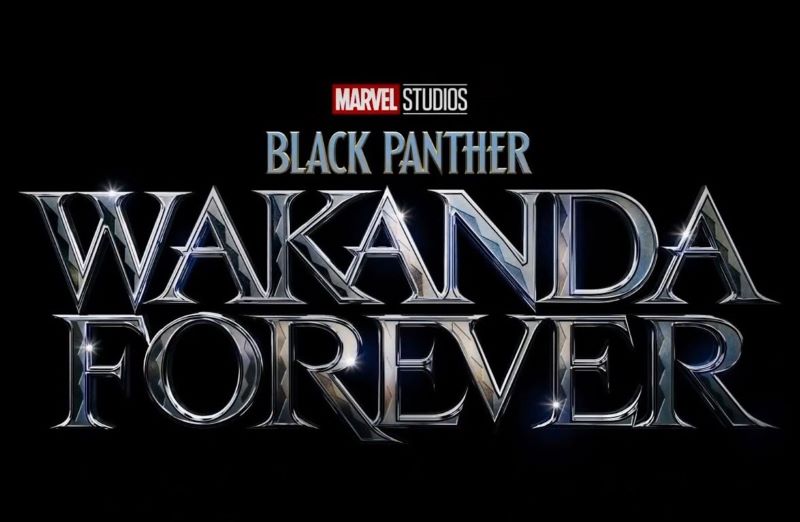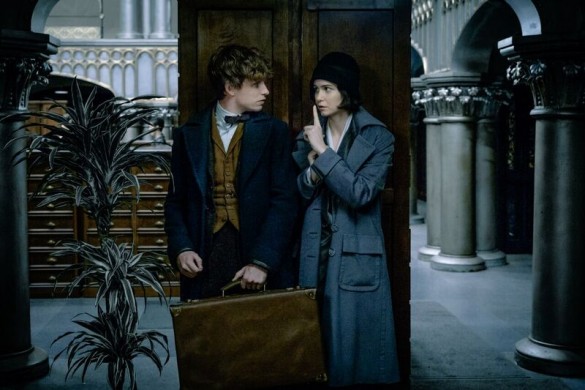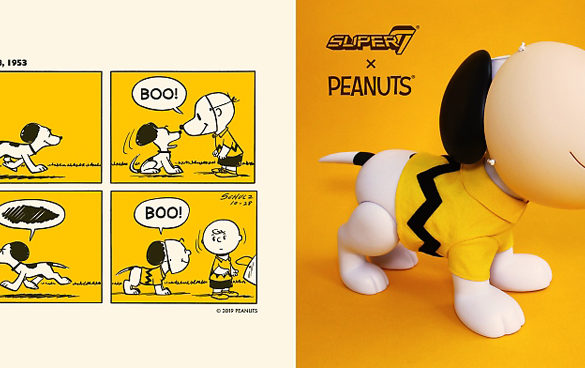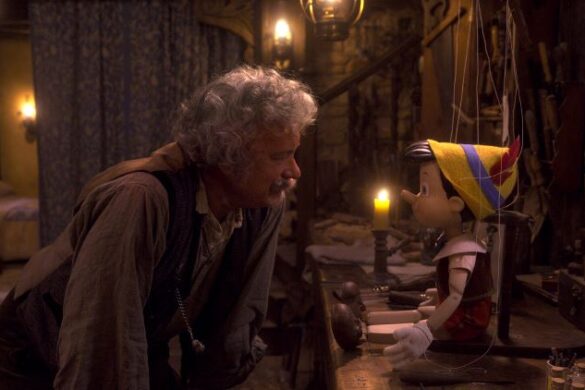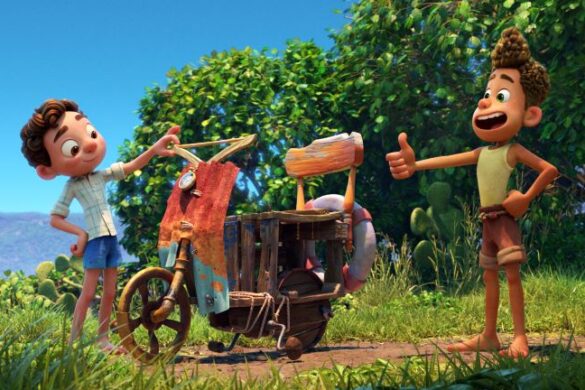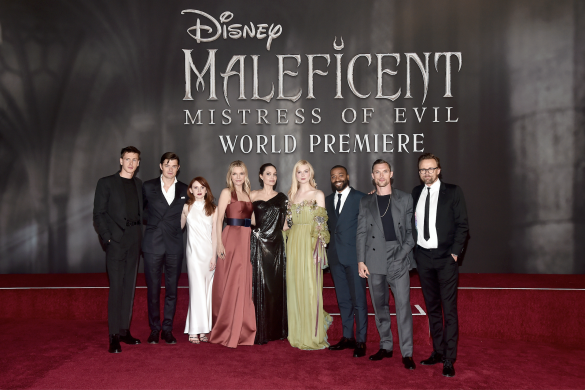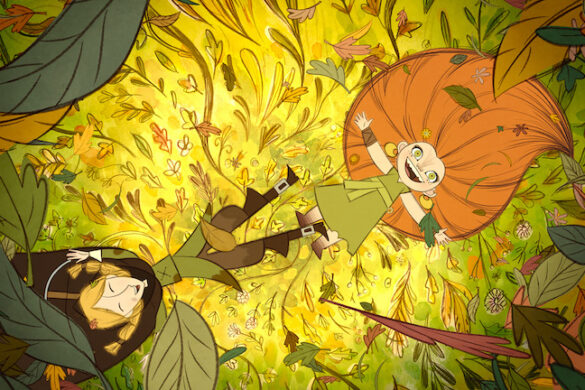The grief everyone felt when the world learned about Chadwick Boseman’s passing was profound. Especially for the cast and crew of Black Panther, who not only helped introduce T’Challa to the world but had an immense impact on representation. Black Panther: Wakanda Forever is as much about how we grieve in a time of tragic loss while also expanding the world of the MCU by introducing new characters and exploring new themes.
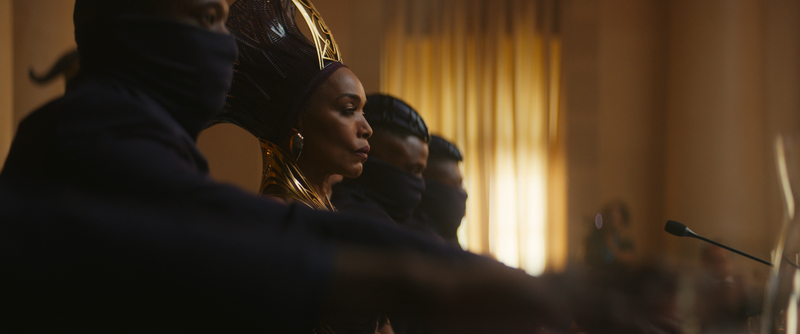
ThatsItLA had a chance to attend the virtual press conference for “Black Panther: Wakanda Forever,” where director Ryan Coogler talked about directing a film that has such a rich cinematic legacy, telling a new story, and finding the ways to process grief and loss through the superhero movie lens.
“I think that’s one of the great things when you get to do a series of films, is that you get to have these, these mini-reunions, and it was such amazing time that we had making the first one,” Coogler said about filming the sequel after Boseman’s death and going through a global pandemic. “I think everybody experienced a sense of loneliness during the years that followed. It was just great to see some of these folks and give them a big giant hug again. In what we were all processing, the things that people go through, this feeling of grief and loss. But it’s also great when you don’t have to do it alone. And we were able to welcome new members, you know, with it with the actors that portray Namor and the Talocan. It was awesome.”
For Marvel Studios president Kevin Feige, the shock of Boseman’s death turned into how the studio should best honor the actor and the character without having to do something as disrespectful as recasting and simply moving on without him. “It was determined that this amazing ensemble of characters and this world that that had been created on screen needed to continue,” Feige said about how they approached “Black Panther: Wakanda Forever” respectfully. “Ryan pours everything and all himself into everything he does, and had been working for almost a year on a version of the movie with T’Challa in it, and was pouring his life experience from making the first movie into that.”
“And then when we lost Chad, all of that, obviously, was then poured into this movie as well. And keeping the idea of a celebration of Wakanda and the character at the forefront in addition to the grief, that, of course, is going to come with that,” Feige added.
So while there are superhero aspects to a film like “Black Panther: Wakanda Forever,” it grounds itself by using these humanistic stories and experiences, which allows an audience to connect to the characters and their story. And so, producer Nate Moore wanted to be as honest as possible about what many of us feel after tragedy and loss. “I think as storytellers, you just want to be as honest as possible with what the characters would experience in the film after they experienced the loss of T’Challa,” he said. “And that is not just grief. It’s also sometimes joy, sometimes humor. It is all the emotions anyone feels with any profound loss.”
Moore also spoke about how the theme’s story of loss expanded beyond just one person. It tells a story about an indigenous people losing their homeland due to colonization. “But we had such a collection of talent and such a collection of characters who all have a different point of view with that loss that I think Ryan found ways to express all the different colors of grief through the ensemble,” Moore said. “And that’s not just the Wakandans, by the way, who definitely feel it, but it’s the loss that Namor and the Talocan feel because of the loss of their homeland.”
Though Namor serves as the antagonist in “Black Panther: Wakanda Forever,” he is complicated and justifies his declaration of war on the surface world, which is destroying his to mine new resources that they could weaponize. “It is tricky when you have a character like this because you’re the antagonist, you get to destroy something that is valuable, not just in the story, but the people, you know, the people outside, a lot of people feel identification with Wakanda, I’m including myself in what kind of the narrative and the representation and everything,” Tenoch Huerta said of Namor’s motivations. “So now I have to play the bad guy who destroys or tries to destroy that legacy.”
Huerta said Coogler found humanity in a fantastical character like Namor and was able to convey that into the script to explore the reasons why some people take specific actions. “So it doesn’t mean that it’s okay, you’re not, you know, this right or not. But is it explained? Maybe it’s not an excuse, but it’s a reason, an explanation of why things happen. Why do people choose different reactions in front of grief, or manners, or whatever, you know, the threads of life? And that’s, that’s beautiful because he’s human,” he said of Namor’s humanity.
“So we have these two characters taking different decisions with the grief and the threat. And at the same time, they have shared the same wound, you know, historically, I mean, like, like, representation of their cultures, but at the same time, I think it’d be the ones they share that wound, and how they solve the problem is about their, you know, their personality and their own history,” Huerta added. “So that’s beautiful, that balance in a movie, you know, superhero movies, and you have this balance, and these layers is fantastic. It doesn’t happen too much. It’s enjoyable.”
And it’s through those collaborations with the cast that Coogler was able to build a better sequel and a better script that found the humanity in these characters who are experiencing the loss of a dearly beloved family member. “It was firstly through connecting with Ryan, you know that, that heart-to-heart conversation of how do we take a step forward, gentle step forward because it’s so raw,” Letitia Wright, who plays Shuri, T’Challa’s brother and Princess of Wakanda, said.
When we first meet Shuri in “Black Panther,” Wright describes her as a ray of sunshine who is clothed and protected in royalty and loves and is proud of her big brother taking this step, following his father’s legacy. But the actor also recognized that Shuri just wants to create and that there is no limit to her potential. “So she was the person her brother went to for his protection, is his armor,” Wright said. “He encouraged that her family encouraged her to be a genius and to be fearfully and wonderfully made. So we follow, we follow on from that. What does that look like when your heart is broken? And I think it was just Ryan’s guidance on how do we create a full arc of this human being of this young woman going through something alongside her fellow family members, her general, and Wakandans.”
“I think, the way it was written, and the delicacy, the gentleness of how we approached it, we always spoke, we always communicated at every step of the way. And we were able to bring something that felt real, that felt truthful,” Wright added. “And I was able to really give my heart to it and give Shuri a full arc. And hopefully, people can really resonate with that and find some healing, you know, alongside us with it.”
And Lupita Nyong’o, who returns to play Nakia, was slightly jealous of Wright, who got a little chaotic with Shuri because that grief made her so raw, and she wanted to express that in the same way. However, Coogler wrote a different path for Nakia, one that took a different look at processing after a loss. “She is an example of someone who she’s just a little further along in terms of her processing,” Nyong’o said. “And it’s not like she has it all figured out. But in the first film, Ryan described her as T’Challa’s oasis. And that really, really resonated with me, and so when I was reading the script and thinking about where she is, I realized that what she was once to T’Challa, she now has the opportunity to offer Shuri.”
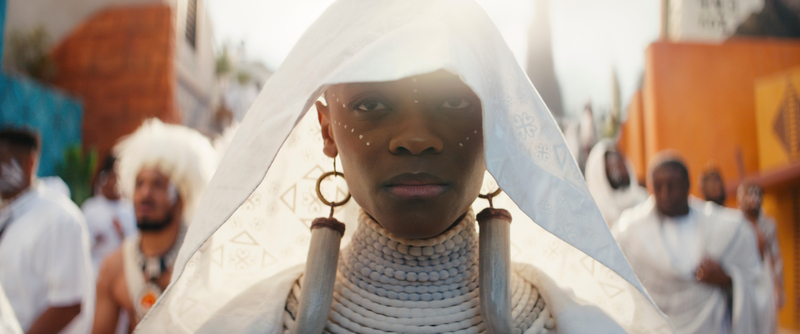
“It made a lot of sense in terms of the structure and architecture of the story. When we’re talking about the exploration of grief, it’s really grounding to have someone who, I want to say, is befriending of the change for you, the people in the story, but also for an audience,” Nyong’o said. “The fact that she is was T’Challa’s love, in a way, I guess, allows an audience to know that it’s okay. You know, it’s okay.”
Though Nyong’o says, she was frustrated that her character could not process grief in the way that Shuri does, returning to play the character was therapeutic for the actress. “I had to look beyond my frustrations with losing Chadwick and learn from her,” she said. “Yeah, learn from that wisdom that she seems to possess. Yeah, for that, I’m really grateful to you, Ryan [Coogler].”
“Black Panther: Wakanda Forever:” opens in theaters on November 11, 2022.

